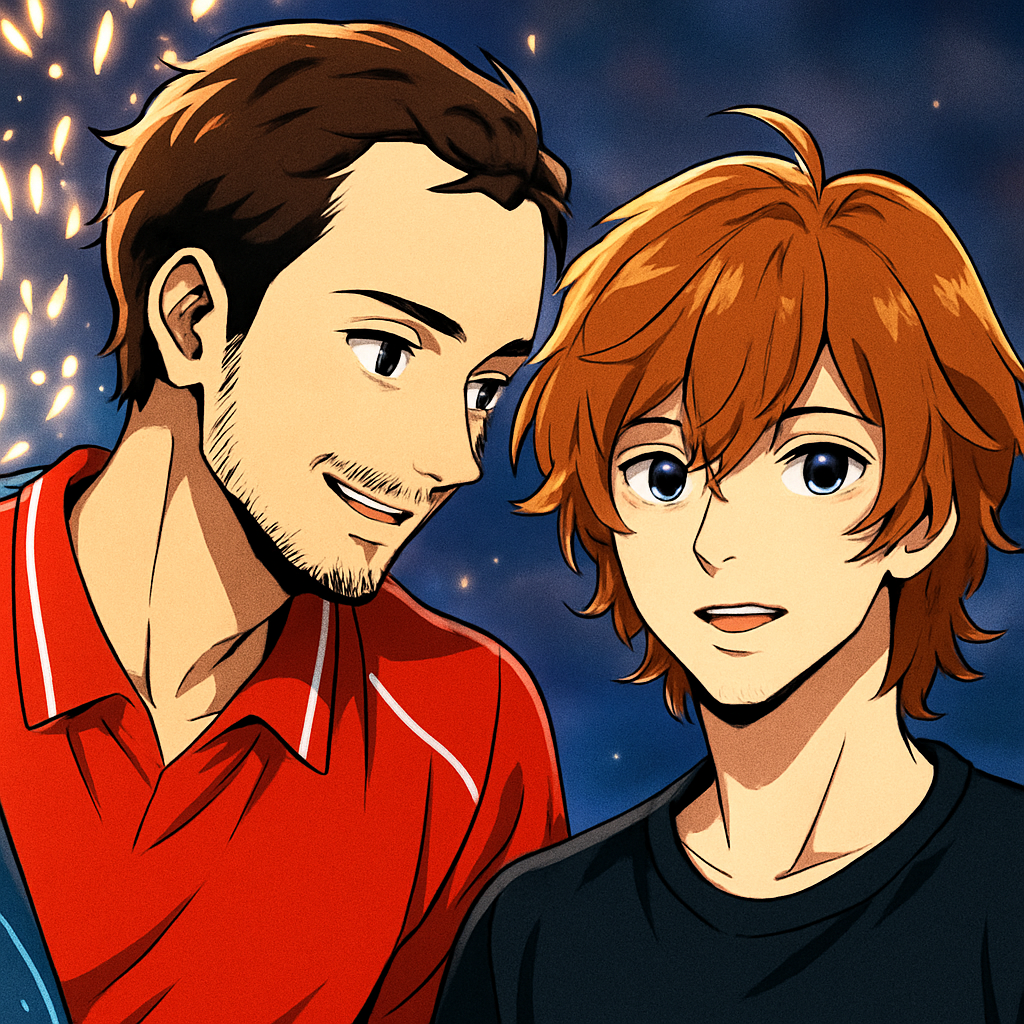NEW YORK — In the wake of his close friend Daniil Medvedev's extraordinary emotional outburst during his US Open semi-final victory over Carlos Alcaraz, fellow Russian star Andrey Rublev has extended a hand of support, stating he is ready to listen and help if Medvedev needs him.
The tennis world watched with a mix of concern and fascination as Medvedev, known for his on-court intensity and sometimes combustible nature, delivered a raw, unfiltered monologue directed at the Arthur Ashe Stadium crowd after securing his spot in the final. Visibly emotional, he spoke of feeling "changed" and expressed a complex relationship with the New York fans.
Rublev, who has known Medvedev since they were juniors and considers him a "true friend," addressed the incident in his press conference. He emphasized that while he hasn't spoken to Medvedev specifically about the moment, the door is always open. "If he needs me, I'm here to help him, to talk, for sure," Rublev stated.
A Moment of Raw Emotion on the Grand Stage
Medvedev's outburst was unlike any other in recent tennis memory. After clinching the match, he grabbed the microphone and launched into a lengthy, stream-of-consciousness address. He confessed to sometimes playing the "bad guy" role for energy but revealed the crowd's support during the semi-final had a profound impact on him.
"I want to be myself," he declared to the crowd, "and I don't know if you want to see that again, but thank you so much. You managed to change me, and that's not easy." The moment was a stark departure from his typically guarded and analytical persona, offering a rare glimpse into the psychological battles top athletes endure.
Rublev on the Pressure Cooker of Professional Tennis
Speaking from a place of deep understanding, Rublev contextualized Medvedev's reaction as a product of the immense pressure and scrutiny players face, especially in the cauldron of a Grand Slam. He suggested that such emotional releases, while dramatic, can be a natural consequence of the sport's demands.
"We are on the court, we are in the heat of the moment," Rublev explained. "We are there for three, four hours, non-stop. You cannot even go to the toilet sometimes. You are there, you are in the match, and many things are going on in your head."
He defended his friend's character, separating the on-court competitor from the off-court person. "Daniil is one of the most nice persons that I know," Rublev insisted, highlighting the dichotomy many players experience between their public and private selves.
The Importance of Emotional Outlets and Support
Rublev's comments underscore a growing conversation within tennis about mental health and the importance of having a support system. He positioned himself not as a therapist, but as a trusted confidant, should Medvedev choose to open up about the experience and the feelings that prompted it.
The dynamic between the two Russians is built on years of mutual respect and friendship. Their bond includes:
- A shared history from their junior days in Russia.
- Regular practice sessions together on the tour.
- Representing Russia together in team competitions like the ATP Cup.
- A mutual understanding of the unique pressures of being a top player.
This foundation makes Rublev a uniquely qualified source of support. He understands the landscape Medvedev navigates daily—the expectations, the criticism, and the loneliness that can sometimes accompany life at the top of the sport.
The Fine Line Between Passion and Pressure
Medvedev has never been one to hide his emotions on court. His career has been punctuated by arguments with umpires, heated exchanges with crowds, and self-critical diatribes. However, the US Open semi-final moment felt different; it was less a complaint and more a vulnerable admission.
Tennis psychologists often note that such outbursts can be a double-edged sword. While they can serve as a release valve for pent-up pressure, they can also be emotionally draining and become a focal point for media and fan scrutiny, potentially adding another layer of stress.
Rublev’s offer of support is a reminder that behind the rivalries and the competitive fire, the tennis tour is a close-knit community. Players often rely on each other for understanding in a way that those outside their world cannot provide.
Looking Ahead: Support Beyond the Final
Regardless of the outcome of the US Open final, Rublev's message is that his friendship and support for Medvedev are unconditional and extend far beyond the results of a single match. His public stance sends a powerful message about camaraderie and mental well-being in a high-stakes individual sport.
"I think it's super important to have people you can trust," Rublev said, reflecting on the tour itself. "It's a long season, we are traveling 10-11 months per year. To have someone you can talk to, it's everything."
He concluded by reiterating his availability, respecting Medvedev's space while making it clear the line of communication is open. "If he needs to talk, he knows I am here. That's what friends are for."
In an era where athletes are increasingly vocal about the importance of mental health, Rublev's simple yet profound offer highlights the human element that exists within the fierce competition of professional tennis, proving that even rivals can be the strongest of allies off the court.

